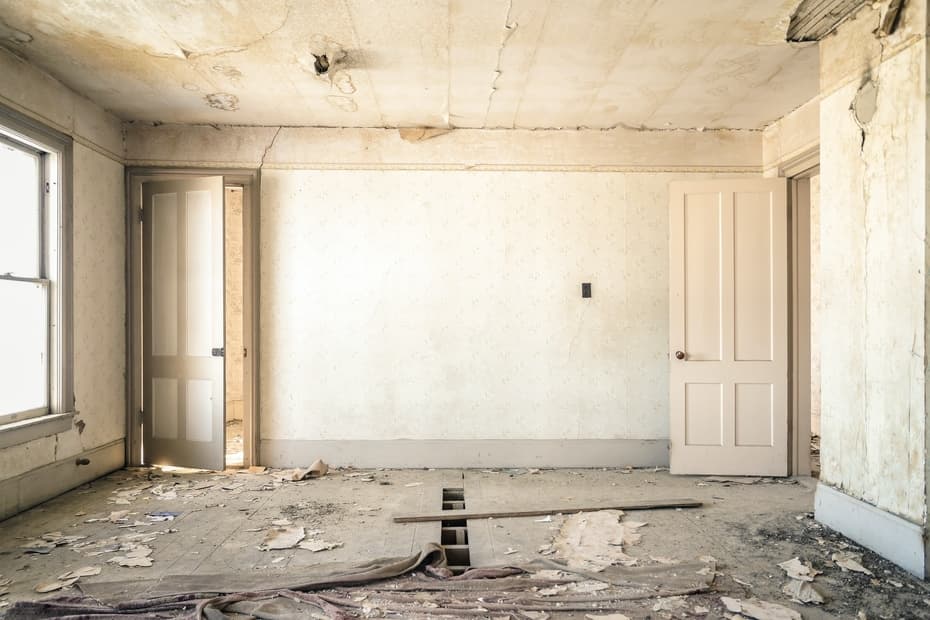Home Buyers To Buy or Not to Buy a Fixer-Upper

How to Determine If a Fixer-Upper is for You
While some homeowners want to find a house that is move-in ready, others look for homes that could use some work. A fixer-upper is usually offered at a very low price due to all the maintenance and improvements it needs. Many people purchase fixer-uppers because they can flip them to gain a bigger profit. A fixer-upper comes with both pros and cons, and HomeHunt can help you determine if you should make this type of investment.
Pros of Buying a Fixer-Upper
Variables such as finances, budget, and personal preferences will play an important role in any home purchase. Some pros to buying a fixer-upper include:
- Lower price: Fixer-uppers are known to be listed at exceptionally low rates, with a low down payment. This is due to all the work and maintenance it needs.
- Less competition: Because fixer-uppers are not aesthetically pleasing to the eye, other homebuyers may not want this type of home.
- Customization: With the freedom to remodel a fixer-upper, you have the option to make it completely customizable to your needs. If you are flipping the home, remodeling to current market trends is also a good idea.
 Cons of Buying a Fixer-Upper
Cons of Buying a Fixer-Upper
There are certain things to look out for when purchasing a fixer-upper that can actually deplete the value and cost you thousands in repairs. Some cons to buying a fixer-upper include:
- Costly Renovations: Fixer-uppers that require a lot of work may end up breaking the bank and costing you more.
- Budgeting Issues: While renovating, there may be issues that arise and become costly, especially during an inspection. This can offset your budget or put certain projects on hold.
- Construction Timeframe: A fixer-upper can spend a long time under construction, making the home hard to live in.
Should I Purchase a Fixer-Upper?
Once you decide if a fixer-upper is for you, there are a few things that need to be done before you start working on your new home:
- Conduct Home Inspections: This will determine how much structural work needs to be done to the home pertaining to issues involving electricity, plumbing, and foundation. If the house needs significant structural improvements, avoid the home altogether. Major repairs will not raise the value of the house enough to offset the cost of renovations.
- Estimate Renovation Costs: This will help you determine your budget. Pick a home that requires more cosmetic improvements than structural ones since this can save costs. There are also financing options that are specific to fixer-uppers.
- Apply for Permits: Many towns require permits in order to perform renovations or to build upon an existing property.
- Research Existing Homes in the Area: Get a good idea of what other homes in the neighborhood previously sold for and consider general models to help it sell in the future.
After Purchasing a Fixer-Upper
There are certain things you can do as a fixer-upper homeowner that can actually help in your renovation process. Make sure you hire the right contracting team that is honest with you about the renovations. A less experienced team may not know if a certain project will actually improve or harm the structure or livability of the home. Additionally, get to know your neighbors. Construction is not a quiet job, and certain neighbors may not like the noise that comes with your renovations. Research if any complaints have been filed in your area to make sure your renovation process can proceed as planned.
Fixer-uppers can be a good investment in the long run. A HomeHunt agent can help you in your home search. Contact HomeHunt today to get started!